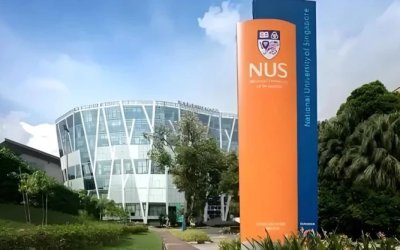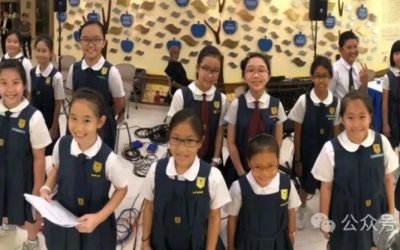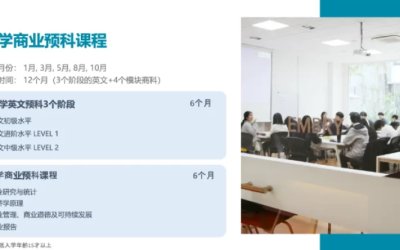小學二年級
1、Exploration of the different Poetic Forms 探索不同詩歌形式
2、Developing analytical and close reading skills 培養分析和細讀技巧
3、Developing creative writing skills through experiences with the different forms of poetry 學習不同形式的詩歌,培養創作技巧
4、Understanding the socio-political and cultural context of literary works – the Elizabethan era 理解文學作品的社會、政治和文化背景
5、Developing an understanding of the Dramatic genre through close reading and performance 通過細讀和表演,理解戲劇體裁
小學三年級
1、Exploration of the English Novel 探索英語小說
2、Exploration of poetry of a period / movement / context 探索某一歷史時期 / 歷史運動 / 歷史背景下的詩歌
3、Developing critical analysis skills and sound interpretation of literary works 培養文學批評分析和紮實解釋的能力
4、Making inter-textual connections 建立文本之間的聯繫
小學四年級
1、Examining the art of the short story 分析短篇小說的藝術
2、Developing skills in comparing and contrasting different short stories培養比較和對比不同短篇小說的技巧
3、Applying critical approaches to reading Literature 運用文學批評的方法來閱讀文學作品
4、Understanding and appreciating the modern dramatic form as social commentary 理解和欣賞作為社會評論的現代戲劇
哇,感覺這是大學英語語言文學系的節奏啊。的確,在中國,通常只有大學本科以上的英語專業才開設英國文學課,而這個學校的孩子,從小學一年級就開始正兒八經地研究文學作品了。當然,檁子相信這些教學要點落實在實際課堂上,肯定是深入淺出,用有趣生動的內容體現出來的-讓孩子接觸各種文學題材,增強閱讀,並逐漸學會分析和思考。
當然,逼格這樣高的閱讀課,未必所有的新加坡小學都會開設。但語言學習與閱讀並重的英語教育戰略,卻是大多數小學都在貫徹執行的。
其實,新加坡孩子學英語的兩條腿走路方法,特別值得中國學校去借鑑。讓孩子脫離了閱讀,脫離了語言的使用環境去單純學單詞、語法、句式,已經證明了是一條痛苦、事倍功半的路;而作為英語非母語國家的孩子,脫離單詞、語法、句式的學習,只靠閱讀,也是不行的。所以,我們的英語學習應該平衡這兩個方面,重視語言規範的學習,也重視在閱讀中學習,讓孩子們學得更快樂、更有效!
記住,兩條腿走路!


























